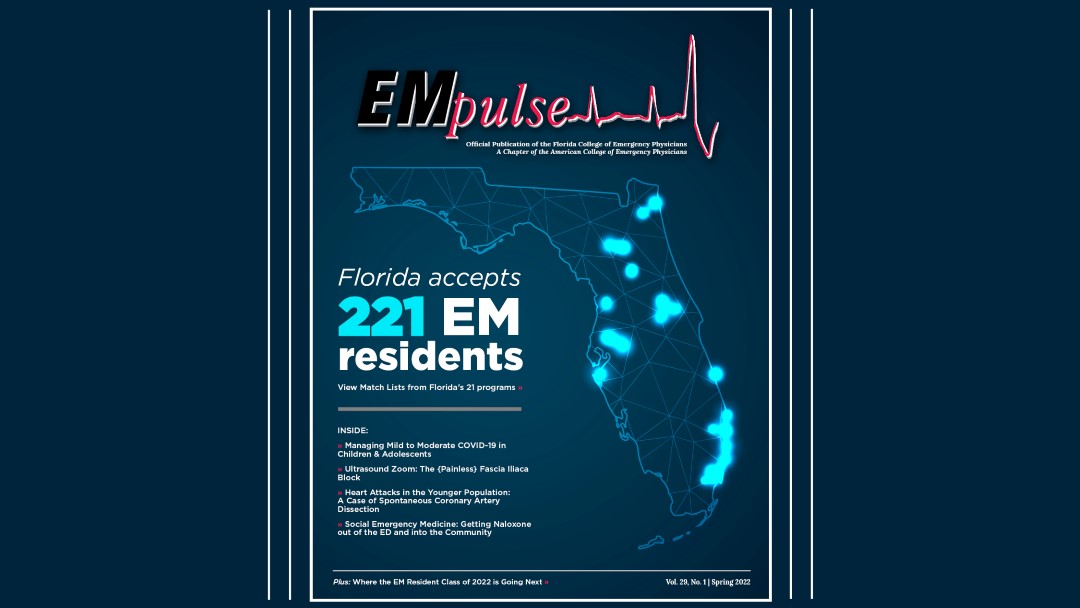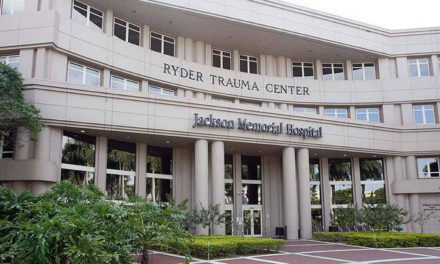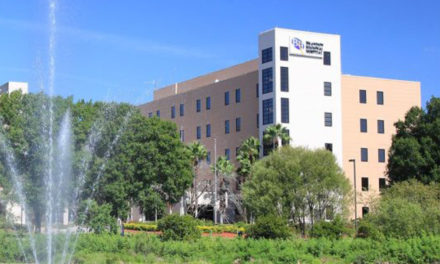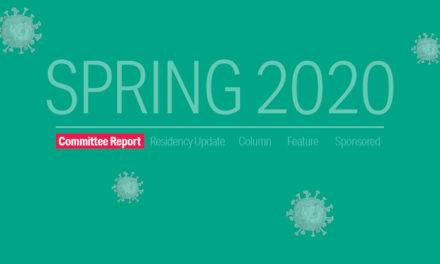Spring 2022: Medical Economics
Emergency physicians continue to face threats to reimbursement in various forms, but there have recently been a couple of significant wins on the state and federal level. As always, continued vigilance and advocacy is essential.
Medicare Reform
Starting in April, the Medicare sequester that had been temporarily halted during the pandemic will phase back in, beginning as a 1% cut to all Medicare payments and increasing to 2% in July.
The sequester is scheduled to last until 2030. An additional delayed sequester of up to 4% may be implemented in 2023. (Thanks to advocacy work by ACEP and other medical societies, the 9.75% cut to the Medicare physician fee schedule planned for 2022 was temporarily averted in December 2021. The “Protecting Medicare and American Farmers from Sequester Cuts Act” passed in December addressed three upcoming cuts to Medicare.)
ACEP had great success in working with CMS to increase the value of ED E/M codes for 2021, more than offsetting the PFS cuts. We continue to advocate for increased value for the services provided by emergency physicians in 2022.
ACEP also continues to advocate for stable Medicare reimbursement with more appropriate annual increases in the face of a recommendation by the Medicare Payment Advisory Commission that Medicare continue the physician fee payment freeze through 2026. ACEP recently signed onto a letter from the physician community at large asking Congress to create a long-term solution to provide stability to physician payments rather than recurring one-year fixes. There is hope this year that real progress could be made. A proposed draft of the 2023 physician fee schedule will be released midyear. (Adjusting for inflation, the Medicare physician fee schedule reduced physician pay by 20% over the last 20 years. Anticipated inflation in 2022 is likely to exacerbate the gap, according to the AMA.)
Medicare reimbursement will be a key issue addressed at ACEP’s Legislative and Advocacy Leadership conference in Washington, D.C. on May 1-3, 2022. We hope to see you there, advocating for emergency physicians and our patients!
No Surprises Act
CMS has withdrawn its September 2021 interim final rule (IFR) provisions regarding its interpretation of the No Surprises Act (NSA) and will be re-issuing guidance. The No Surprises Act took effect on January 1, 2022. Over the last year, there has been heated debate – and multiple legal challenges – over a flawed independent dispute resolution (IDR) process, which gives insurers an unfair advantage over physicians in arbitration. There was a significant development in a legal battle over the IDR process in March, when a judge found that the process as established by the Biden administration was inconsistent with the NSA and ordered that the policy be withdrawn and invalidated immediately on a nationwide basis. Five other cases are pending, including a lawsuit filed by ACEP.
Insurer Downcoding and Denials
Across the country, emergency physicians continue to see egregious payor activity including inappropriate downcoding and denials, in some cases based on final diagnosis (in violation of the Prudent Layperson Standard). Legal action against United Healthcare is ongoing. Cigna recently enacted a downcoding policy that has been contested by ACEP, but it does not appear to be in effect yet. Please notify FCEP of inappropriate payor behavior, as these reports are essential for monitoring trends and responding to such threats.
Personal Injury Protection Insurance
A bill calling for the repeal of personal injury protection insurance (PIP) did not survive the 2022 Florida legislative session. PIP has been a hotly debated issue in the Florida legislature for decades. The bill would have removed the requirement for Florida drivers to carry $10,000 coverage for emergency medical conditions. This would likely have resulted in significant losses for emergency physician reimbursement. A similar bill was vetoed by the governor in 2021.
Florida Medicaid Payment Delays
Sunshine State Health Plan was fined $9.1 million in response to payment delays for 121,227 healthcare claims for critically ill children with chronic conditions who were receiving care under the Sunshine State Medicaid program and Children’s Medical Services Health Plan. FCEP informed AHCA and OIR of the delays a few months ago.
Sunshine State maintains the problem stemmed from technical glitches after the company’s merger on Oct. 1, 2021. ACHA has demanded that Sunshine State Health Plan provide more details about the problems leading up to the delays and will require the company to demonstrate within 30 days that future claims are being paid promptly through weekly updates. ■
This article is part of the following sections:







